
On 9 February 2023, the 2 representatives of the AFSIS Secretariat, Dr. Waraporn Saelee, AFSIS Manager, and Mr. Tanabodee Kheosipalard, Statistician, were invited to be the distinguished guest for the Policy hand-in and Closing Ceremony in the Young ASEAN Leader Policy Initiative (YALPI) 2023 at Building 3, Faculty of Pharmaceutical Sciences, Chulalongkorn University, Bangkok, Thailand.
YALPI is an international forum that gathers and empowers youths to initiate solutions for solving current social issues to formulate policy recommendations that will impact the development of socio-political policy for addressing the ongoing problems facing the ASEAN region. This year, there were 59 ASEAN and non-ASEAN students from YALPI network universities in each ASEAN member country, and online applications applied to the program.
During the event, there were 6 policy recommendations presentations from delegates according to the theme “Rethinking a Post-COVID-19 ASEAN: An Equitable and Resilient Socio-Economic Recovery” which were related to the 2 topics, 3 policy recommendations presentations for Food Security, and 3 policy recommendations presentations for Digital Inclusion.
After the presentation, Dr. Waraporn Saelee was honored to receive the recommended policies from delegates in the Policy Hand-in Ceremony to encourage their participation in policymaking. In addition, Dr. Waraporn also delivered a speech to reflect these recommended policies created by the delegates, which AFSIS Secretariat will circulate these policy recommendations to the ASEAN Member States for their reference and consideration to apply these policies to the country in accordance with their own circumstances.
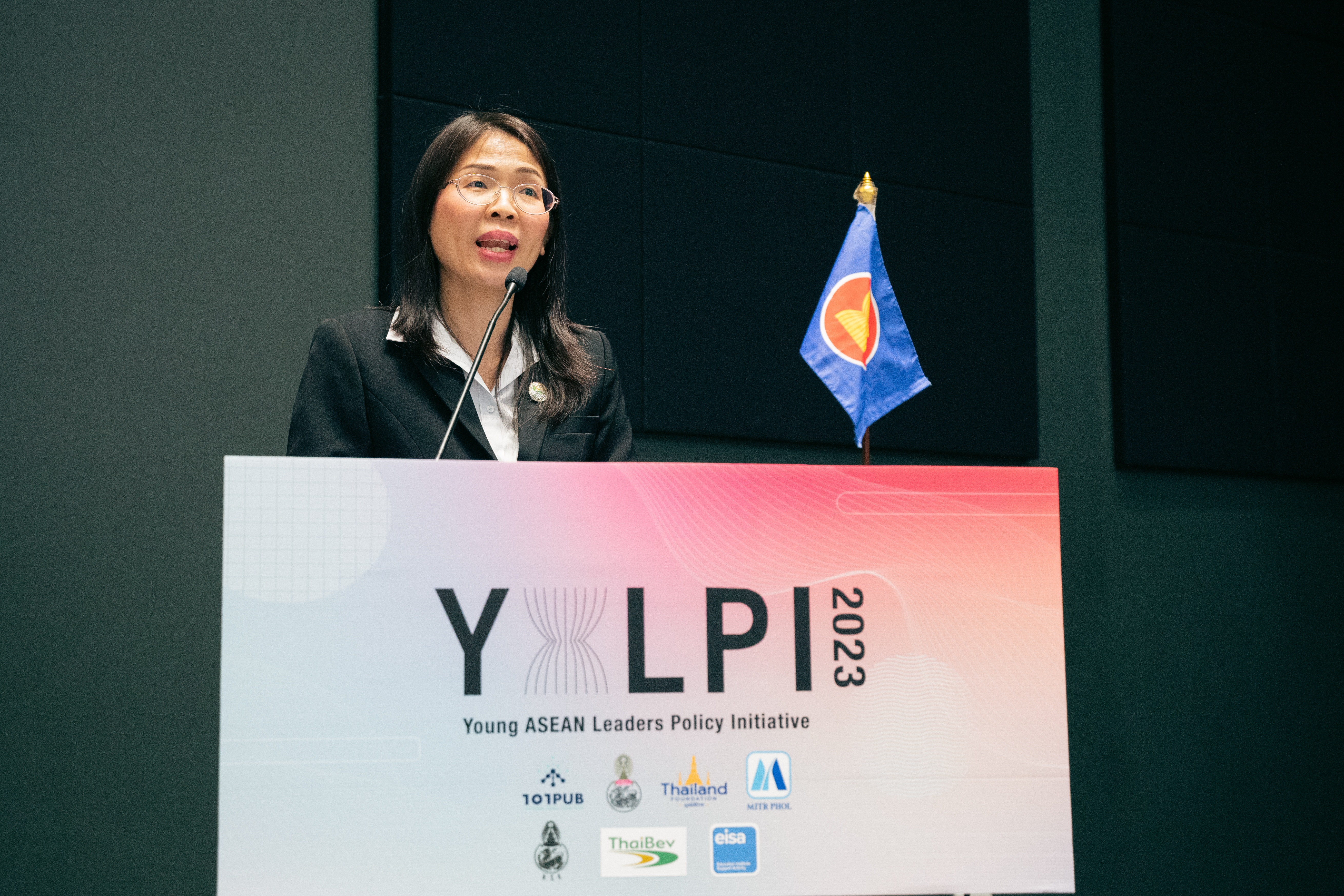
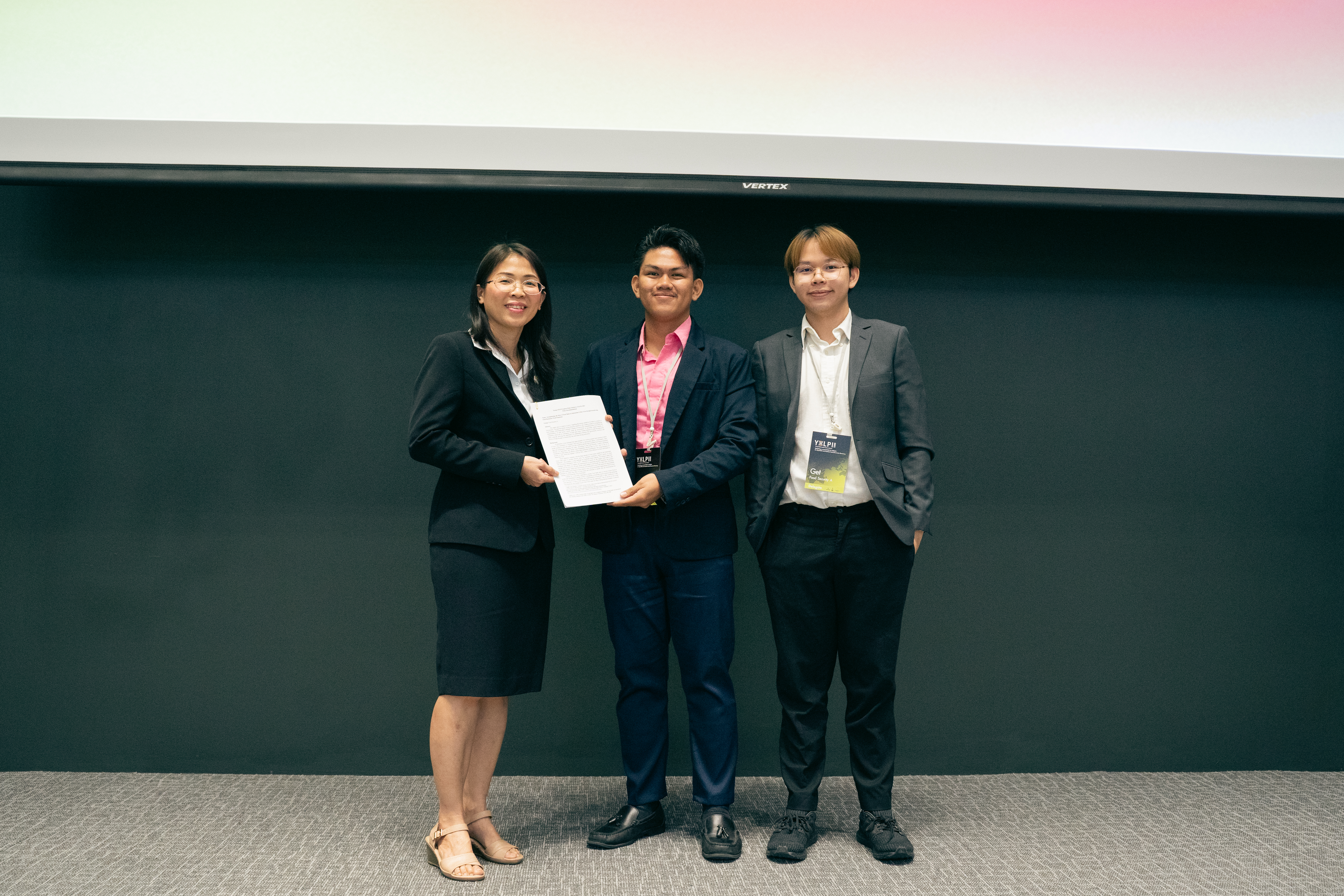
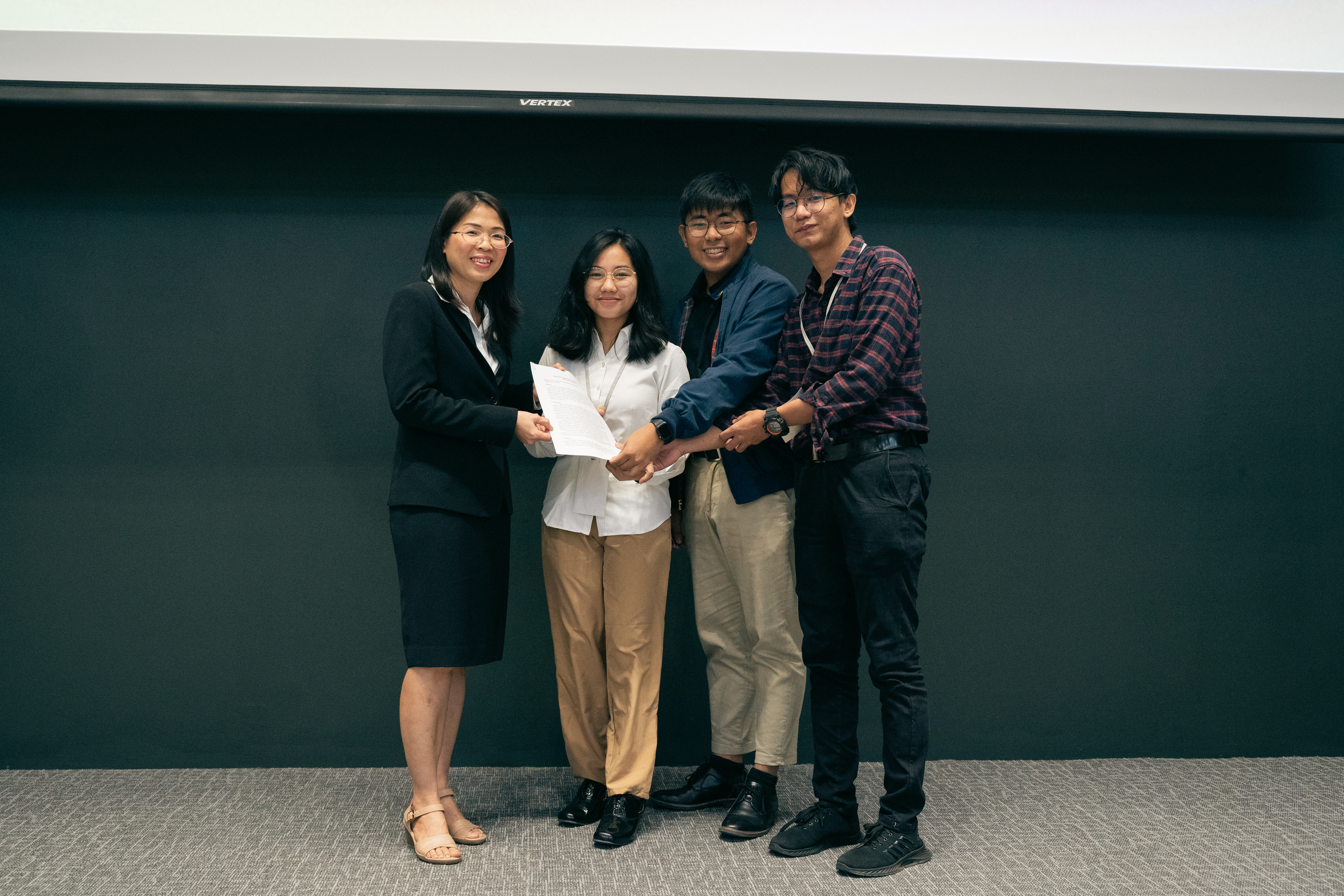
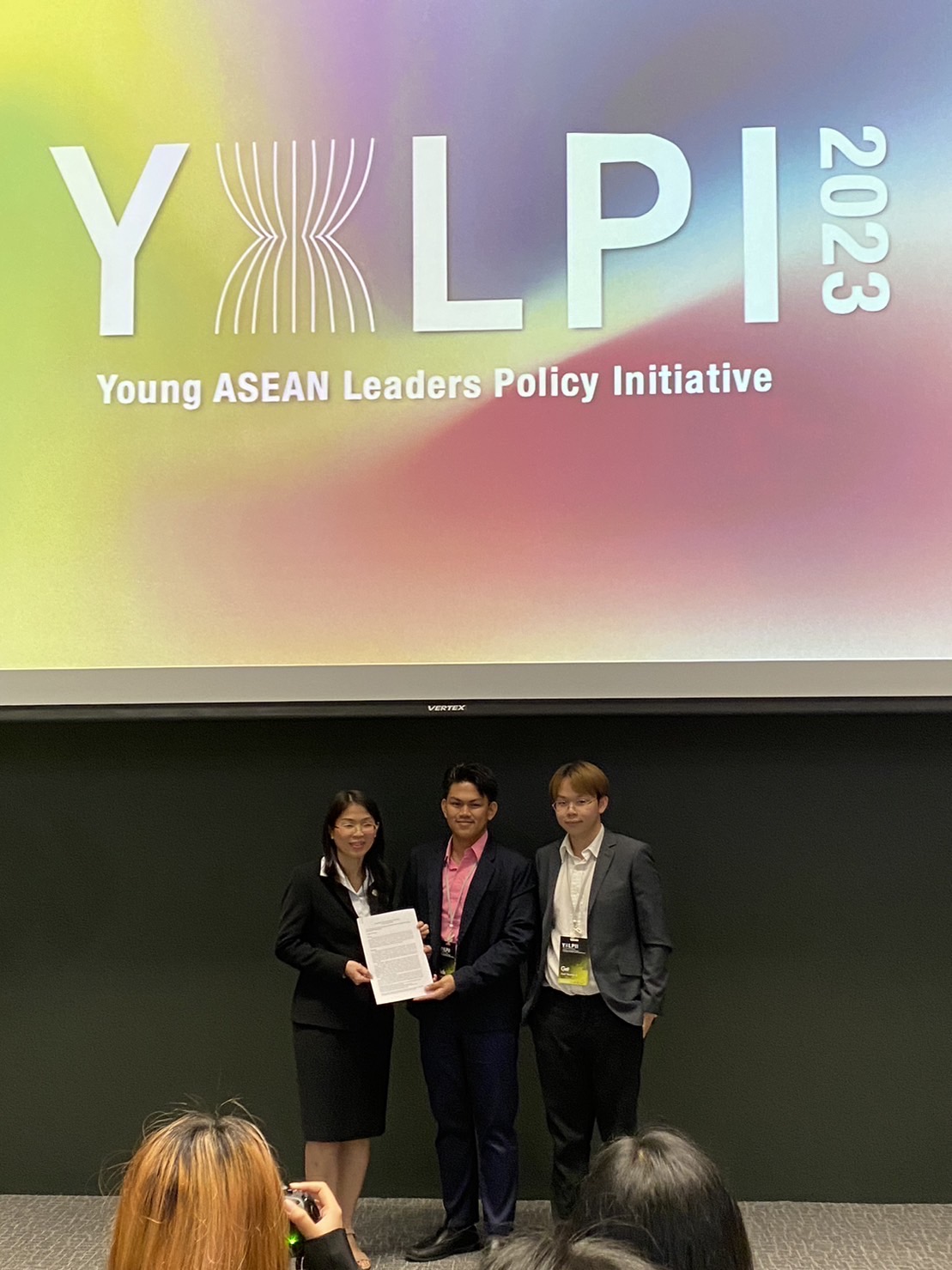
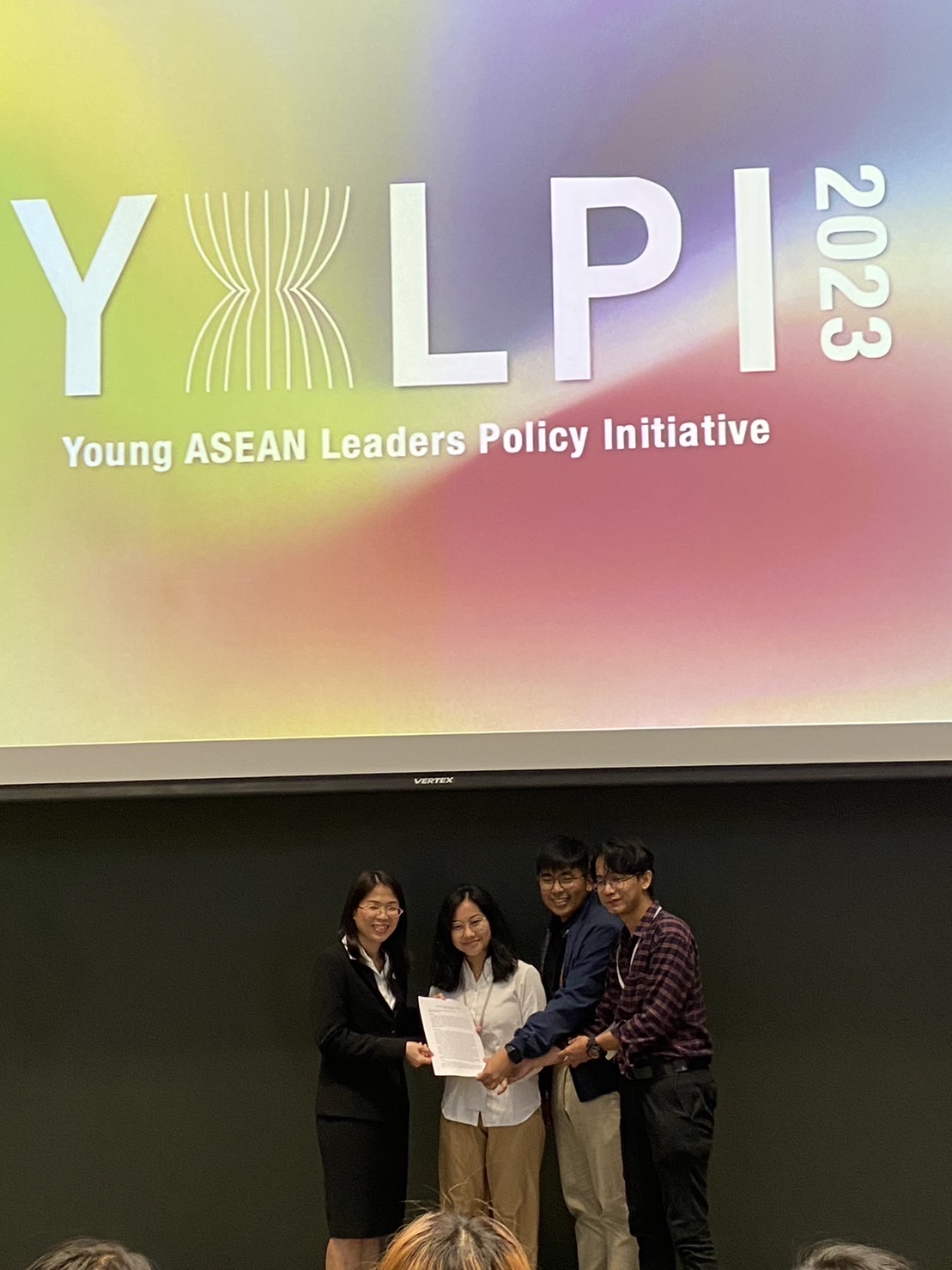
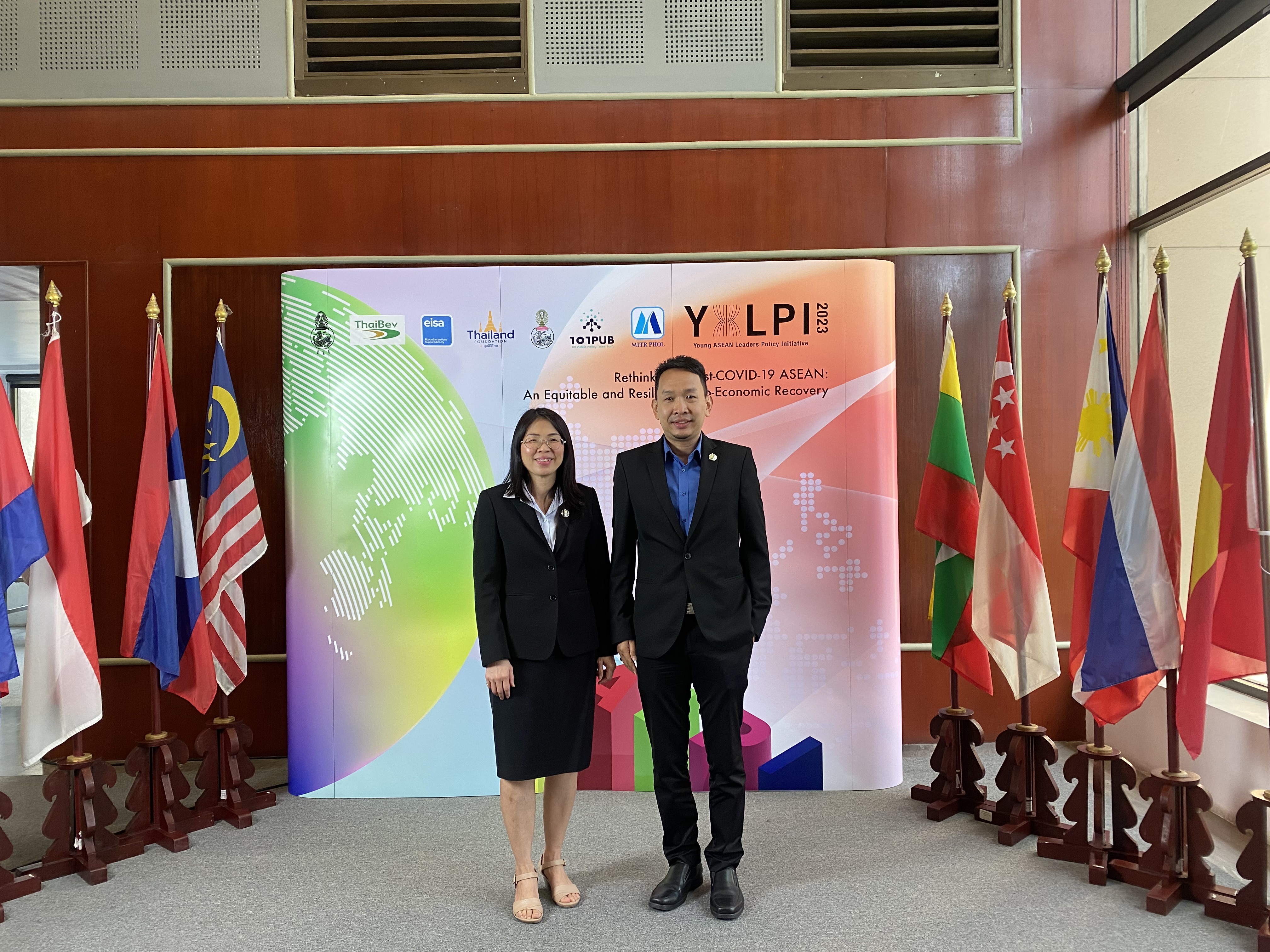
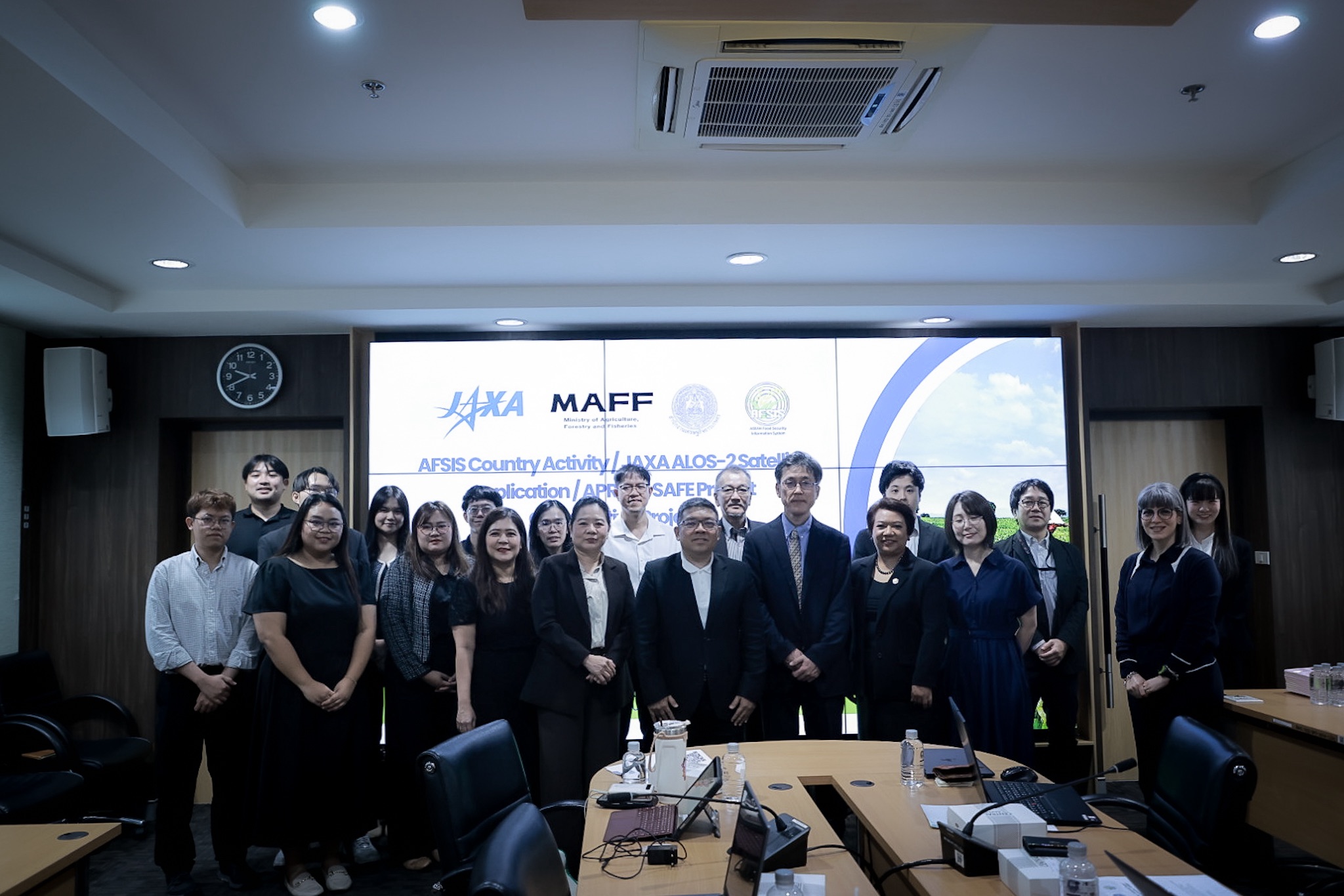
On 12-13 February 2026, the AFSIS Secretariat, in collaboration with the Japan Aerospace Exploration Agency (JAXA), the Remote Sensing Technology Center of Japan (RESTEC), Ministry of Agriculture, Forestry and Fisheries (MAFF) Japan and the Office of Agricultural Economics (OAE), Ministry of Agriculture Cooperatives (MOAC), conducted a workshop conducted a workshop The Promoting Rice Planted Area and Production Estimation Using INAHOR and Space-based Technologies in Thailand at the Meeting Room 2, Innovation Building, 3rd FL, Office of Agricultural Economics (OAE)
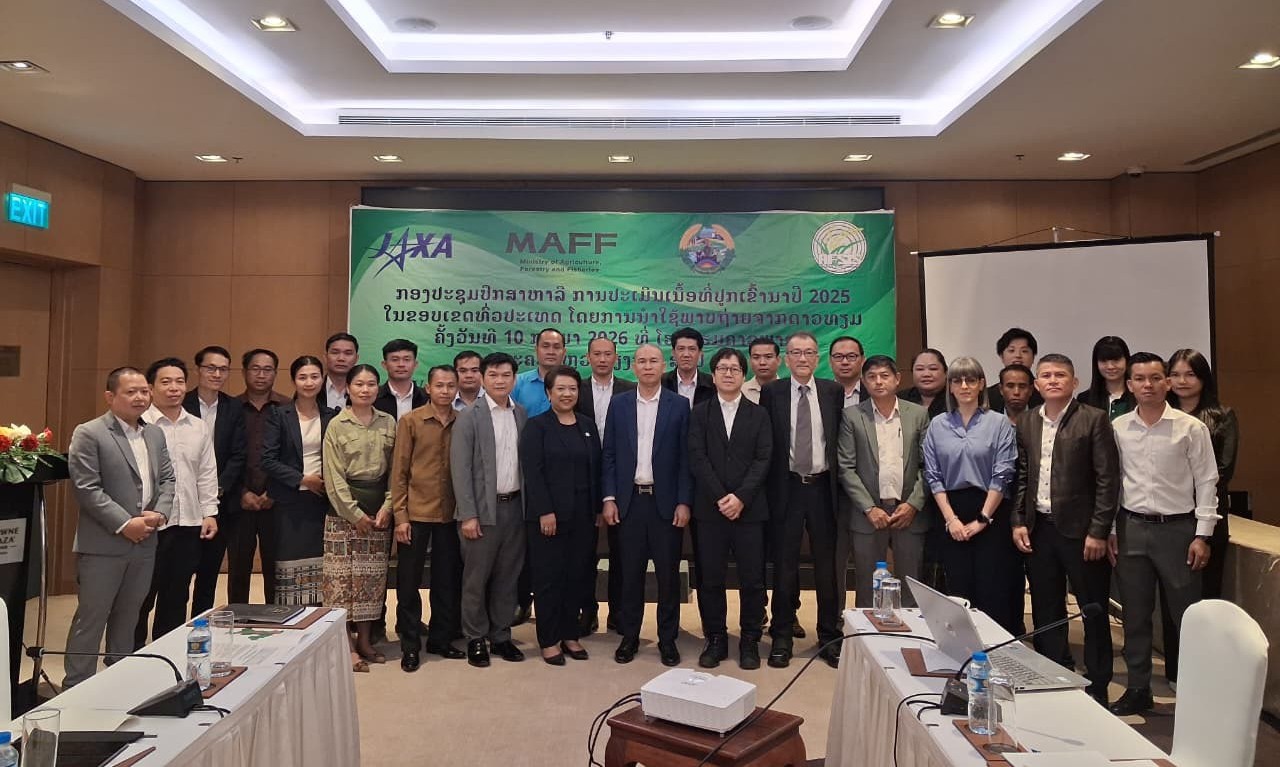
The In-Country Workshop on Promoting Rice Planted Area and Production Estimation Using Space-based Technologies in Lao PDR was jointly organized by AFSIS Secretariat, JAXA, MAFF Japan, and MAE Lao PDR under the AFSIS-GIS and SAFE projects. The event was held in Vientiane with hands-on training on 9 February 2026 and a workshop on 10 February 2026.
.jpg)
On 13–15 January 2026, the Office of Agricultural Economics (OAE), Thailand, in collaboration with the Ministry of Agriculture, Forestry and Fisheries (MAFF), Japan, and the AFSIS Secretariat, conducted the 1st Meeting of Japan–Thailand Expert Dialogue on Agricultural Statistics. The meeting was held at the Office of Agricultural Economics and field survey activities in Chonburi Province.

On 3–4 December 2025, the ASEAN Food Security Information System (AFSIS) Secretariat participated in the ASEAN Plus Three Emergency Rice Reserve (APTERR) Table Top Exercise (TTX) held in Bandar Seri Begawan, Brunei Darussalam.